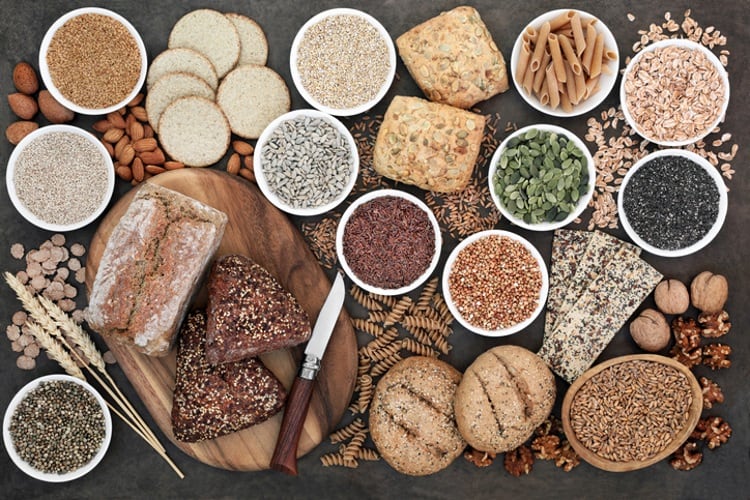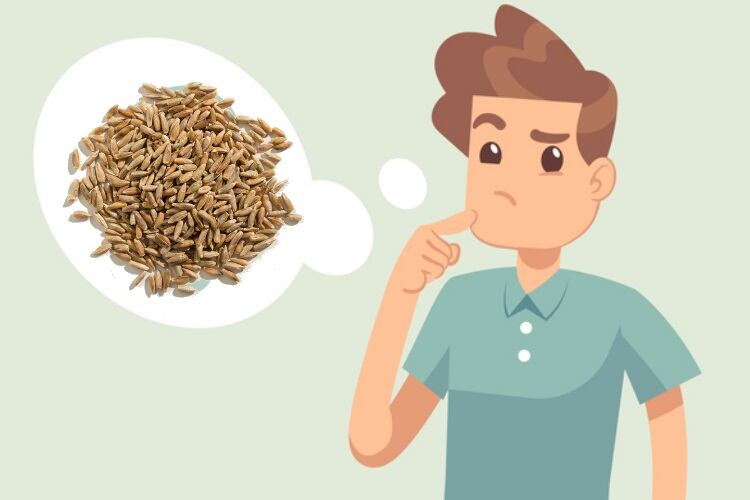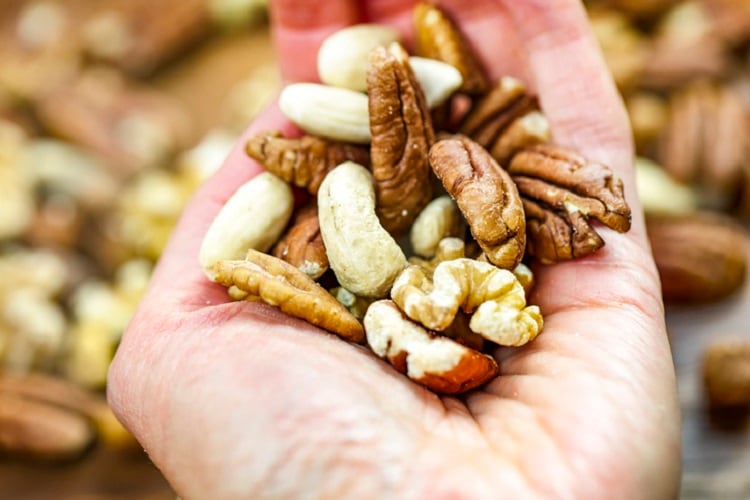The consortium – known as the Whole Grain Initiative – unites public health experts, scientists, consumer groups, manufacturers and government regulators with the single goal to prioritise the intake of whole grains worldwide.
The move is aligned with CP UK’s cornerstone pillar to increase whole grain content – along with lowering levels of salt and sugar – across its entire product range.
Not enough!
Research from the Nestlé Breakfast Cereals maker found that more than 8 in 10 (86%) Brits admit a limited understanding of whole grains, with many unsure of where to find it and why it’s important.
The data was based on OnePoll survey of 2,000 nationally representative British adults, conducted in January 2019.
Studies from the EU also suggest the majority of Europeans eat less than one serving of whole grain per day.
However, extensive research highlight the vital importance of whole grains, which provide vitamins, minerals, fibre, starch and other nutrients. For example, a 2019 WHO-commissioned study found a link between higher intakes of dietary fibre and whole grain foods and a reduction in the risk of a wide range diseases, including coronary heart disease, stroke, type 2 diabetes and colorectal cancer, and their risk factors.
International Whole Grain Day
To drive the message home, the partnership launched the International Whole Grain Day at an event held at the European Parliament in Brussels, Belgium, on November 19, hosted by MEP Elsi Katainen (FI, vice-chair, AGRI Committee).
The event brought together several leading stakeholders and Member States, including the Italian Society for Cardiovascular Prevention (SIPREC), National Institute for Health and Welfare in Finland, European Public Health Alliance, Slovenian Chamber of Agricultural and Food Enterprises and the Swedish Heart-Lung Foundation.
Cereal Partners UK is the UK arm of Cereal Partners Worldwide (CPW), headquartered in Switzerland. CPW is the maker of more than 50 brands of Nestlé Cereals that are sold in more than 130 markets worldwide.
“We have always believed in the power of whole grains and now we want to make sure the benefits of whole grain are known by everyone,” said Gharry Eccles, CP UK’s VP, UK & Oceania.
“We believe breakfast is a great start to every day and, if you choose Nestlé breakfast cereals with the green banner, you can be confident you get at least 8gm of wholegrain per serving.
“International Whole Grain Day [is] a day to celebrate and raise awareness of whole grain.”
The inaugural International Whole Grain Day focused on how policymakers can encourage more people to introduce whole grain into their diet, as well as highlight the impact of wholegrain consumption on nutrition, human wellbeing and the planet’s sustainability.
The platform was also used to call on the political community to prioritise whole grain in national dietary guidelines.
Combining forces to help consumers
Michaela Pichler, originator of the Whole Grain Initiative, added, “The benefits of whole grain are well documented but, sadly, people still aren’t getting enough in their daily diets. This isn’t a problem we can solve on our own. We need to combine forces and help people to make whole grain a part of their lives.
“The Whole Grain Initiative is a chance for us to work with international stakeholders and explore ways how policy makers can start taking whole grain seriously. We’re excited to stimulate a conversation at EU policy level, and act as an incubator for exchanging whole grain good practices, knowledge and global initiatives to mobilise a whole grain movement.”
Study:
Carbohydrate quality and human health: a series of systematic reviews and meta-analyses
Authors: Andrew Reynolds, Prof Jim Mann, Prof John Cummings, et al
The Lancet, Volume 393, Issue 10170, P434-445, February 02, 2019





